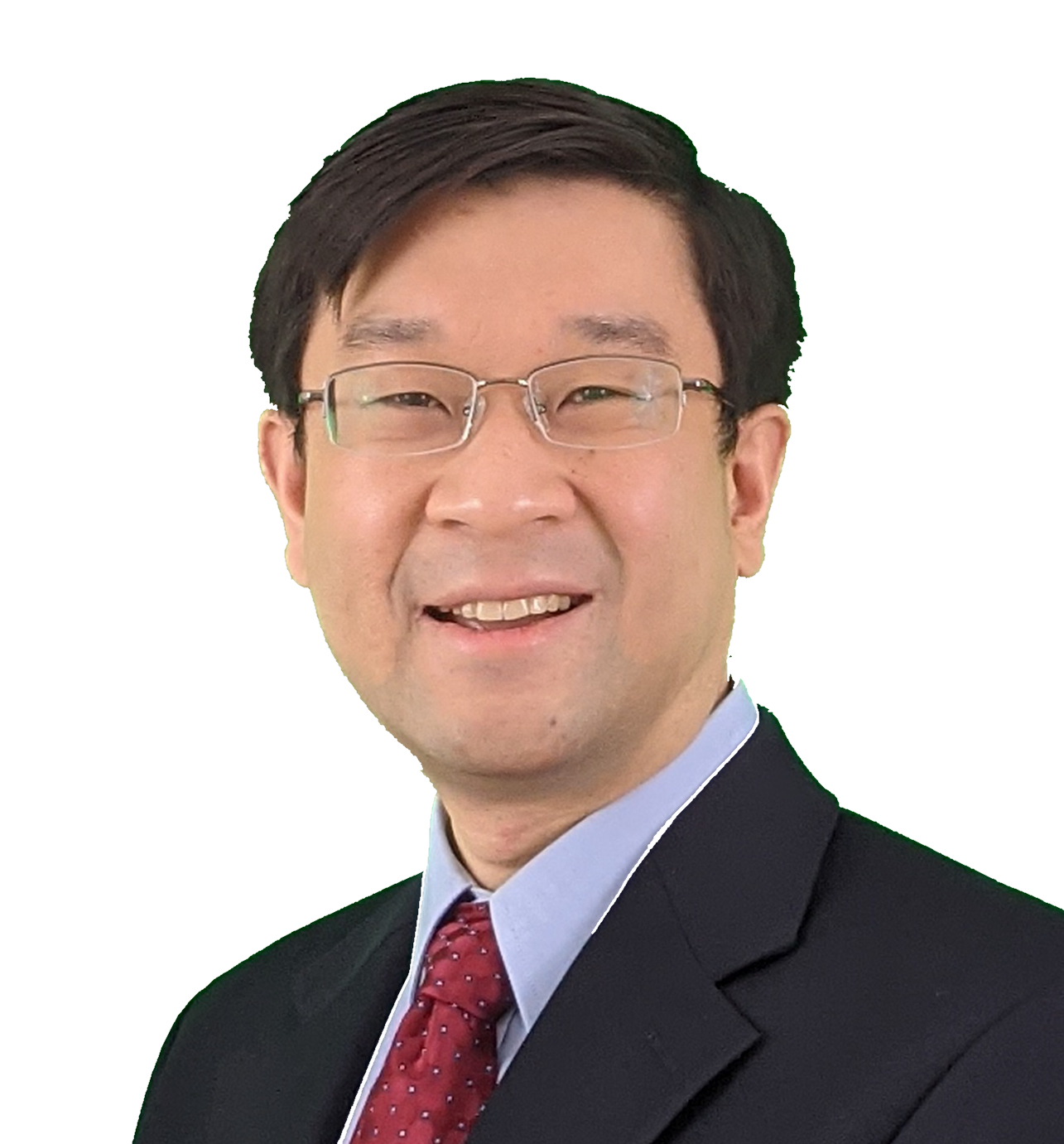Associate Professor of Political Science
Society and Politics Department
Contact
Email: chow_jonathan@wheatoncollege.edu
Phone: 508-286-3506
Website: http://www.jonathanchow.com
Education
Ph.D. (Political Science) - University of California, Berkeley
M.A. (Political Science) - University of California, Berkeley
B.A. (Political Science and Chinese) - Williams College
About
I came to Wheaton College in 2019 after a number of years living and working in East Asia, including stints in Macau (China), South Korea, and the Philippines. My research (elaborated below) focuses on the politics of transnational norms, “pariah states” in international politics, and how the Catholic Church shapes the adoption of transnational moral norms. At Wheaton, I teach courses that contribute to the Political Science, International Relations, and Asian Studies programs, including courses on international relations theory and international security, as well as on comparative and international politics in Asia.
Selected Publications
Book
- Jonathan T. Chow. The Catholic Church and Transnational Moral Norms in the Philippines: Contraception, Human Trafficking, and Religion (Abingdon and New York: Routledge, 2025).
Peer-Reviewed Articles and Book Chapters
- Leif-Eric Easley and Jonathan T. Chow. “Enabling Pariahs: China’s Support of Myanmar, North Korea, and Russia for Geopolitical Advantage,” Asian Survey (2024).
- Jonathan T. Chow. “Catholicism and Human Dignity in the Philippines,” in Jimmy Chia-Shin Hsu (ed.) Human Dignity in Asia: Dialogue Between Law and Cultures (Cambridge: Cambridge University Press, 2022).
- Jonathan T. Chow and Leif-Eric Easley. “Myanmar’s Democratic Backsliding in the Struggle for National Identity and Independence,” in Gilbert Rozman (ed.), Democratization, National Identity and Foreign Policy in Asia (Abingdon and New York: Routledge, 2021).
- Jonathan T. Chow and Leif-Eric Easley. “Renegotiating Pariah State Partnerships: Why Myanmar and North Korea Respond Differently to Chinese Influence”, Contemporary Security Policy (2019). doi.org/10.1080/13523260.2019.1660483
- Jonathan T. Chow. “North Korea’s Participation in the Universal Periodic Review of Human Rights”, Australian Journal of International Affairs 71:2 (2017), 1-18. dx.doi.org/10.1080/10357718.2016.1241978.
- Jonathan T. Chow and Leif-Eric Easley. “Persuading Pariahs: Myanmar’s Strategic Decision to Pursue Reform and Opening”, Pacific Affairs 89:3 (2016), 521-42. dx.doi.org/10.5509/2016893521
- Vinod K. Aggarwal and Jonathan T. Chow. “The Perils of Consensus: How ASEAN’s Meta-Regime Undermines Economic and Environmental Cooperation”, Review of International Political Economy 17:2 (2010), 262-90.
- Jonathan T. Chow. “ASEAN Counterterrorism Cooperation Since 9/11”, Asian Survey 45:2 (Mar./Apr. 2005), 302-21.
Commentary
- Jonathan T. Chow and Leif-Eric Easley. “Myanmar’s Military Arrests the Civilian Government—and Democracy,” PacNet Commentary 6 (Feb. 2, 2021). Reprinted in the Bangkok Post, Rappler (Philippines), Jakarta Post, Jerusalem Post, Asia Times, and The Daily Star (Bangladesh).
- Jonathan T. Chow and Leif-Eric Easley. “Myanmar’s Democratic Backsliding in the Struggle for National Identity and Independence,” The Asan Forum (Jun. 25, 2019).
- Jonathan T. Chow and Leif-Eric Easley. “Rebalancing not Pivoting: Myanmar’s Reforms and Relations with Washington and Beijing”, PacNet Newsletter 68 (Sep. 8, 2016). Reprinted in the Bangkok Post, Myanmar Times, The Irrawaddy, and The Diplomat.
- Jonathan T. Chow and Leif-Eric Easley. “Upgrading Myanmar-China Relations to International Standards”, Asan Institute for Policy Studies Issue Brief No. 2015-21 (Dec. 2015).
Teaching and Extracurricular Interests
Courses
- POLS 109: Introduction to International Relations
- POLS 209: Chinese Foreign Policy
- POLS 229: United States Foreign Policy
- POLS 239: International Relations of East Asia
- POLS 243: Nation and State in Modern Southeast Asia
- POLS 253: Politics of Asia
- POLS 339: Theories of International Relations
- POLS 379: International Security Policy
- IR 402: Senior Seminar in International Relations
See course details in the Course Catalog
Extracurricular Interests
Outside of my teaching and research, I informally advise our Catholic student community. I am also a big fan of our Model United Nations Team. I enjoy playing the piano, organ, and video games; singing, and amateur voice acting.
Research Interests
My research examines how transnational norms shape international and domestic politics. I am particularly interested in “pariah states”—countries that face ostracism for norm violations like human rights abuses or developing weapons of mass destruction—and how they have attempted to mitigate the effects of pariahdom. I am also interested in how evolving norms can reshape understandings of what kinds of behavior can make a state into an international pariah. In this area, I have been fortunate to enjoy a long-term collaboration with Professor Leif-Eric Easley of Ewha Womans University, Korea. Together, we have written essays on how China and Russia have helped to insulate Myanmar and North Korea from international criticism. We have also compared Myanmar and North Korea’s relations with China and how their different international environments and domestic political situations indicate divergent paths toward reducing reliance on Beijing.
I have also explored the relationship between transnational norms and religious teachings. My book, The Catholic Church and Transnational Moral Norms in the Philippines: Contraception, Human Trafficking, and Religion (Routledge 2025), uses original field interviews in the Philippines to explore how the Catholic Church has attempted to shape transnational norms regarding access to contraception and the fight against human trafficking at the theological, intergovernmental, and domestic levels. I show how the Church defines identities, uses religious teachings to explain norms, and develops institutions and practices to build a more coherent and locally credible moral basis for transnational norms than international consensus alone—a process called “norm thickening”. While in some cases, this can strengthen transnational norms and facilitate cooperation between the Church and the government, in other cases it can instead harden opposition to those norms and facilitate polarization, with important consequences for Philippine society. My research helps to shed light on how religious ideas and institutions can significantly influence how transnational norms are adopted and changed at different levels of society.
